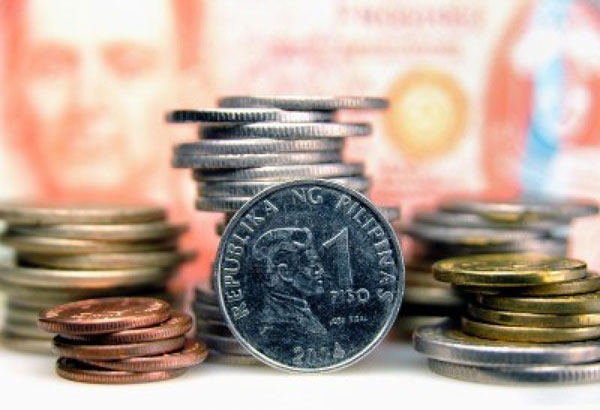Weak peso, lower revenues cut BSP profit in 7 mos

Data released by the central bank showed its revenues declined 15.7 percent to P37.96 billion from P45.02 billion as miscellaneous income, including fees, rentals and proceeds from sale of coins or publication, plunged 69 percent to P5.57 billion from P17.96 billion. File
MANILA, Philippines — Efforts to temper currency fluctuations as well as lower revenues pulled down the earnings of the Bangko Sentral ng Pilipinas (BSP) in the first seven months of the year as the peso emerged as the worst performing currency in the region.
The net income of the BSP fell 22.4 percent to P8.5 billion from January to July compared to P10.95 billion in the same period last year.
Data released by the central bank showed its revenues declined 15.7 percent to P37.96 billion from P45.02 billion as miscellaneous income, including fees, rentals and proceeds from sale of coins or publication, plunged 69 percent to P5.57 billion from P17.96 billion.
Expenses, on the other hand, barely moved at P40.61 billion from P40.57 billion.
The BSP recorded a net loss before gains on foreign exchange fluctuations, income tax expense, and capital reserves, with P2.65 billion from January to July, reversing the P4.45-billion net profit booked in the same period last year.
The net income before gain or loss on foreign exchange fluctuations refers to revenues less expenses from regular operations.
On the other hand, the central bank’s gains on foreign exchange fluctuations surged 72.2 percent to P11.19 billion in the first seven months from a year-ago level of P6.5 billion. The gains were realized from servicing of matured foreign exchange obligations as well as the maturity of derivatives instruments.
This also represents realized gains arising from foreign currency-denominated transactions of the BSP, including rollover or re-investments of matured foreign exchange investments with foreign financial institutions and foreign exchange -denominated government securities.
The peso is the worst performing currency in the region, depreciating a little over two percent since the start of the year to breach the 51 to $1 level amid the volatile markets due to the normalization path being undertaken by the US Federal Reserve, the geopolitical tension between the US and North Korea, and the projected current account (CA) deficit due to the ballooning trade deficit.
The BSP books gains or losses from fluctuations in foreign exchange rates on matured, sold, paid and/or exchanged or settled foreign exchange assets and liabilities.
The BSP participation in the foreign exchange market is limited to temper sharp fluctuations in the exchange rate.
On occasions of excessive movements, the BSP enters the market mainly to maintain order and stability. When warranted, it also stands ready to provide some liquidity and ensure that legitimate demands for foreign currency are satisfied.
The BSP booked an all-time high net income of P17.81 billion last year, reversing the P4.42-billion net loss recorded in 2015. It booked a record gain of P19.12 billion from foreign exchange fluctuations.
The BSP has been incurring heavy financial losses with P59.04 billion in 2010 and P33.69 billion in 2011 in its efforts to temper currency fluctuations during the global financial crisis.
In 2012, it booked a record loss of P95.38 billion as it booked losses amounting to P50.4 billion on foreign exchange fluctuations. The losses declined steadily to P17.51 billion in 2013, P9.86 billion in 2014, and P4.45 billion in 2015.
- Latest
- Trending






























